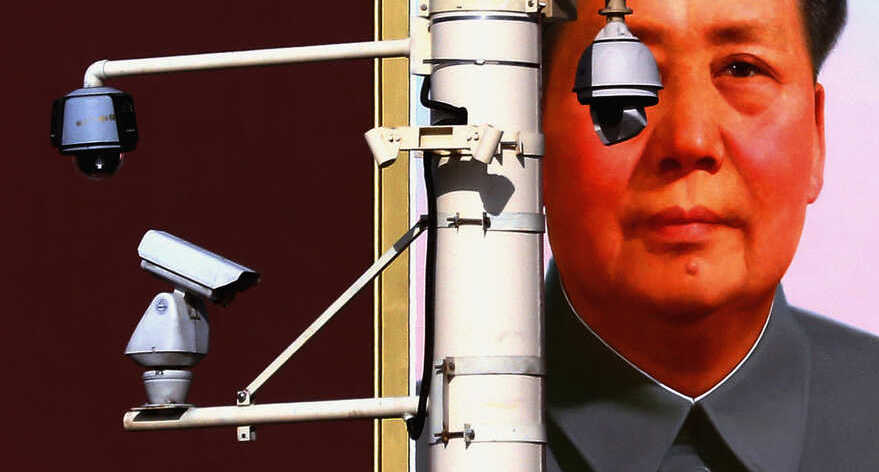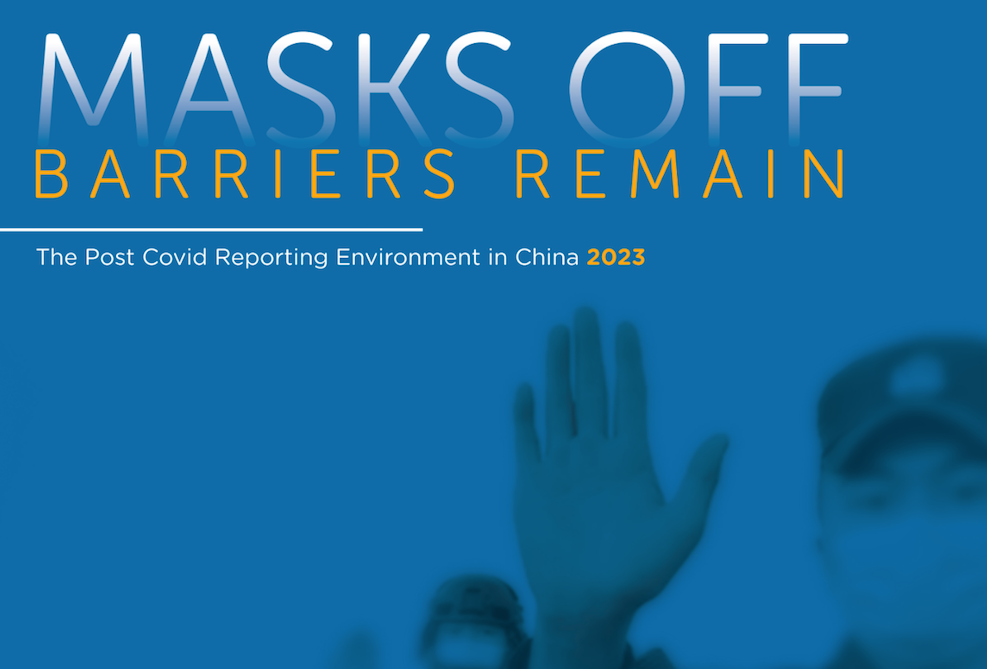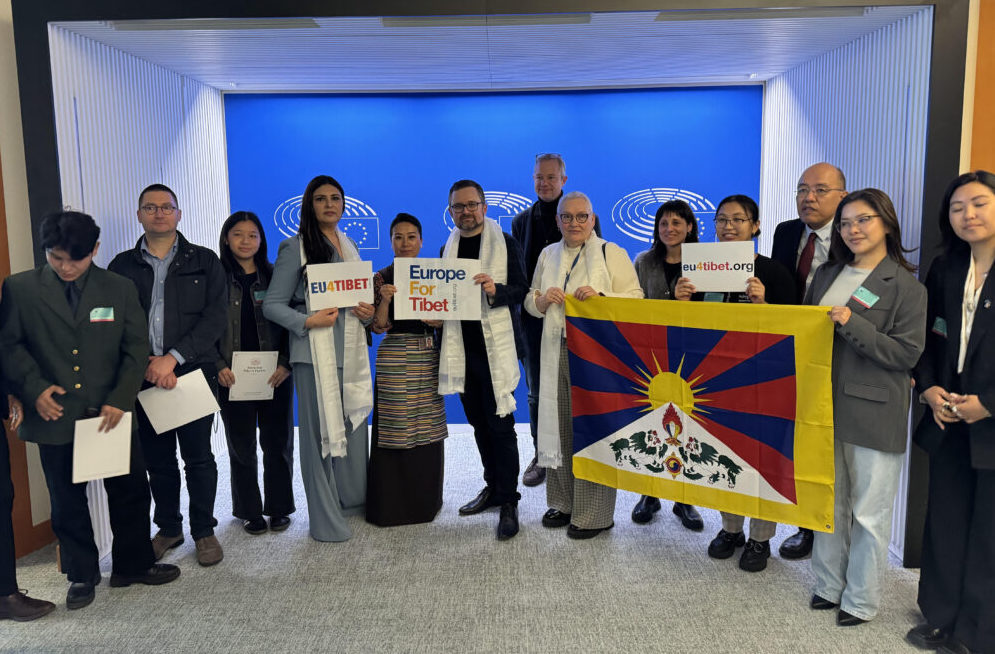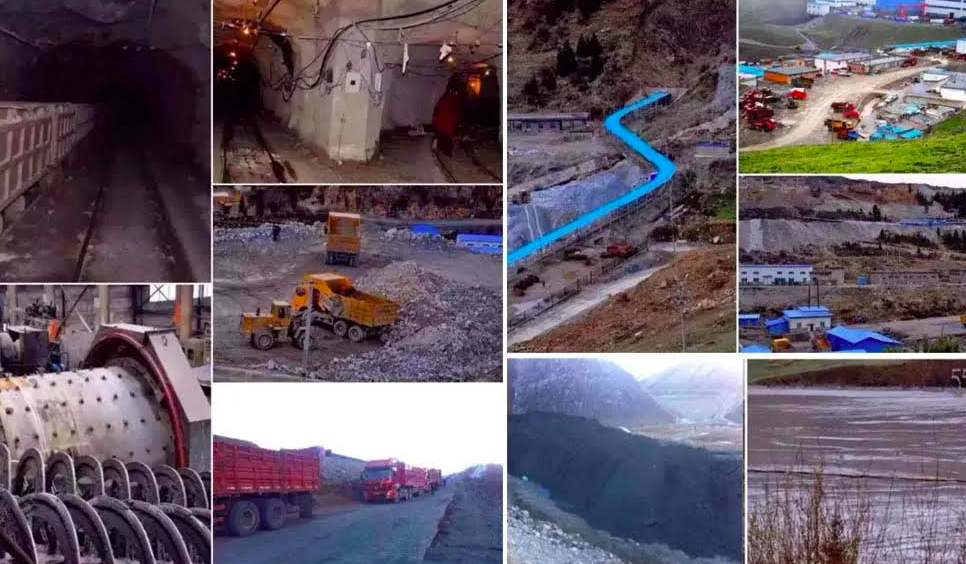By Choekyi Lhamo
DHARAMSHALA, AUG 6: The US State Department’s 2019 annual report under the Reciprocal Access to Tibet (RATA) highlighted continued limited access to Tibet where US diplomats, officials, journalists, and tourists faced continued stringent measures for travel. The report published on Wednesday documents the Chinese government’s systematic restriction on travel to the Tibetan Autonomous Region (TAR) or other Tibetan areas outside TAR for the US citizens.
In 2019, TAR continued to be the only area in China that required officials and diplomats to request permission to visit. The report confirmed 5 out of 10 US diplomatic missions in China were denied visits to TAR. Official visits to the area outside of TAR were relatively easier to access but “requests to meet with local government, religious and civil society leaders were often denied”.
The report also noted that Tibetan-Americans still faced separate inquiries and harassment during such procedures. The members of the Tibetan community in the US said that they had to self-censor to avoid “fear of retribution against their family members in Tibet”.
The Chinese government announced that 40 million tourists from all across the world visited TAR in 2019. The US Chengdu consulate which was recently closed estimated that 10,000 US citizens visited the region in 2019, similar to the number of visitors in 2018. The report noted that the People’s Republic of China (PRC) restricted international tourists during “politically sensitive [periods], including the March anniversary of the 1959 Tibetan Uprising against China’s invasion of Tibet and the Dalai Lama’s birthday in July.”
The Foreign Correspondents’ Club of China (FCCC) reported that a vast majority of US journalists’ request to visit TAR is rejected by the PRC, “Tibet proper remains off-limits to foreign journalists.” The report noted only nine international journalists applied for permission to visit Tibetan areas in 2019 whereas only seven international journalists applied for permission in 2018.
Access to monasteries in Kardze Tibetan Autonomous Prefecture (TAP) and Ngaba TAP in Sichuan province remains restricted. In 2019, the US Chengdu consulate requested to meet with leaders of Larung Gar and Yachen Gar monasteries in Sichuan but to no avail. Security around Kirti monastery in Ngaba TAP has also been increased as police reportedly checked cars to prevent foreigners from visiting.
The RATA report suggested possible intimidation to the Tibetan community where the PRC prevents its own citizens to refrain from interacting with the foreign press. It cited the case of Tibetan language advocate Tashi Wangchuk who was sentenced for 5 years in prison in 2018 for “inciting separatism” who featured in a New York Times documentary. The report stated that under laws implemented by the TAR government, Tibetans can be subjected to imprisonment for “inappropriate communication” with foreign journalists.











2 Responses
Chinese Govt always tells foreigners if they visit Tibet they will see how happy Tibetans are & how good things are in Tibet. Yet the reality is China frequently bars many foreign journalists, foreign officials, human rights investigators & even ordinary tourists. China won’t let the outside world investigate human rights in Tibet & that demonstrates how much China fears the truth coming out.
Chinese don’t trust Americans and vice versa. Indians don’t trust Chinese and vice versa. Chinese don’t trust Japanese and vice versa. Are you starting to see a pattern? Mutual trust requires moving away from back-stabbing tendencies. That seems to be something any kindergartner having to share toys in a playground should be familiar with. Each side, it would seem, has plenty of dirt on their opponents regarding basic human decency and means of causing divisive behaviors.
Keep in mind, this type of behavior is much more amplified among political operatives compared to normal people to keep their jobs of lying to the people to stay “elected” while pandering to the special interests that foot their bills. Cultures that promote narcissistic and pathological behaviors in leadership provide ample room for distrust. People who are able to admit and learn from their mistakes are much easier to deal with. If State Department has access problems, they will likely send proxies. Problem is then figuring how much of what the proxies tell is factual and what the agenda of the proxies may be. Intimidation tactics take many forms as well. There’s outward torture and then there is other aspects that are not as easily seen but has equally disturbing repercussions. I wonder what the reciprocal would be if the Chinese start sending “scholars” to Indian Reservations en masse?
The situation is what it is. The more distrust that is sown will not address the issue and just make things exponentially worse for the average Tibetans in Tibet. Tibetans in the US and Switzerland can scream “human rights” all they want and by doing so just make things more unbearable for those who actually have to live in Tibet. The Mind Life Institute hasn’t figured that out with all their “psychology” pundits? Screaming at middle management doesn’t get any actionable responses.
Look at refugee situations in the middle east and SE Asia. Who are harboring most of them them? The rich countries? No. Who are raping these same places for natural resources?